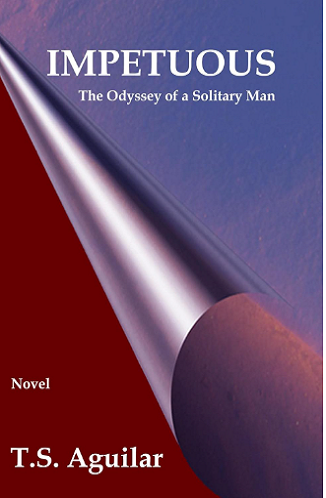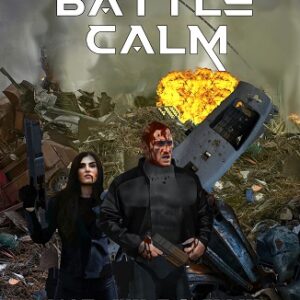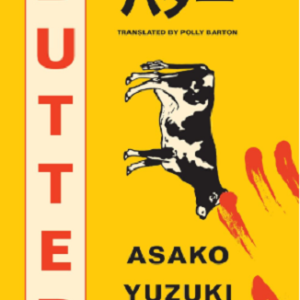Impetuous provides an insight into our world getting flooded with illicit drugs by going back to the 1990s when a street dealer of drugs and fake emeralds had the idea how to improve the drug trade and avoid the detection of smuggled drugs and the confiscation of drug money. His idea is thoroughly misunderstood by Pablo Escobar who sets a trap that sends the protagonist to prison. Once busted out by the Second Generation of Colombian drug lords, the protagonist recuperates, presents his idea and detailed plan, and is sent on his odyssey to implement his plan. The devastating consequences of his success are felt to this day. The trade of illicit drugs has grown to a multi-trillion dollar business in the best of capitalist tradition. The story unfolds from the point of view of the criminals as regular people, not being judgemental, not being moralistic and condemning them but simply showing them as if they were running a perfectly legitimate business.
As one of the main characters at one point states succinctly, “If our merchandise (cocaine) was declared a regulated substance and permitted to be obtained by prescription, we would not be considered criminals but lauded as most successful beacons of capitalism.” And Pablo Escobar stated as far back as May 1990, “The economic system has a natural law: supply is determined by demand. When cocaine stops being consumed, when there’s no demand… that’s going to be the end of this business.”
Consequently, there is ample reason to look at the majority of these ‘criminals’ as regular people and not as the bloodthirsty monsters they are made out to be. The drug related killings reported in your country are not committed by the Colombian drug lords but the wholesalers, retailers and street dealers of drugs in your country. Without a question, the drug lords were involved in a lot of bloodshed as a result of the infighting between the cartels. But compare that to the present investigation in Colombia titled, “Who gave the order?” It concerns the more than 450,000 Colombian citizens killed by the death squads of the military under the auspices of General Montoya.







